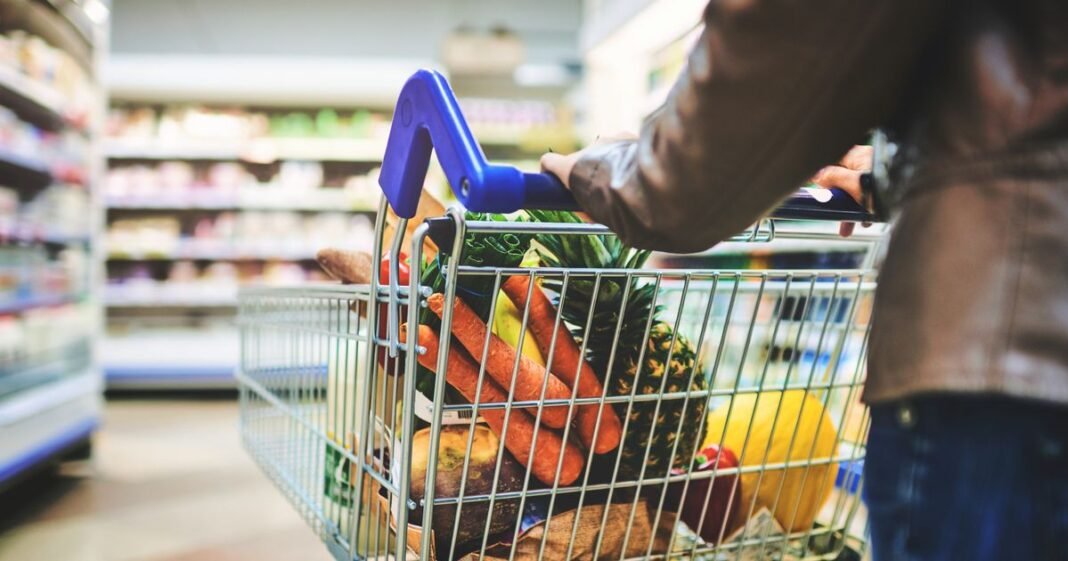Health officials have stated that the Salmonella outbreak linked to tomatoes in the UK, which resulted in 29 reported cases, has concluded. Shoppers are advised to remain cautious with their food choices.
The European Centre for Disease Prevention and Control (ECDC) has identified cherry tomatoes from Italy’s Sicily region as the source of the outbreak. A total of 289 cases were confirmed from January 2023 to September 2025, with the UK accounting for 29 cases, the US for eight, and Canada for five.
Italy experienced the highest impact, with 78 cases, followed by Germany with 68, Austria with 59, and France with 244 cases.
While the ECDC has declared the outbreak over, the risk of infection remains as long as seasonal produce is in circulation, especially between June and October. Several countries reported over 30 additional cases this year, primarily between June and August, with Italy having the highest count.
Continued vigilance and coordinated responses across countries are emphasized due to the possibility of new infections as long as contaminated produce is distributed. Investigations are ongoing to pinpoint the root cause of the contamination and implement effective control measures.
The Food Standards Agency (FSA) and the UK Health Security Agency (UKHSA) collaborated in investigating the Salmonella outbreak last year. Although the outbreak has ended, shoppers are advised to wash fruits and vegetables with water before consumption to ensure cleanliness.
Gauri Godbole, Deputy Director of Gastrointestinal Infections at UKHSA, mentioned ongoing cooperation with the ECDC to investigate the Salmonella Strathcona outbreak linked to tomato consumption. The outbreak affected various European countries, including the UK.
Preventative measures against Salmonella include thorough handwashing, cooking food properly, and avoiding food handling when experiencing symptoms. Treatment involves rehydration therapy in most cases, with hospitalization for severe instances.
Salmonella can be contracted through contaminated food like undercooked poultry, meat, eggs, or unwashed fruits and vegetables. It is recommended to wash fruits and vegetables thoroughly to mitigate risks.

